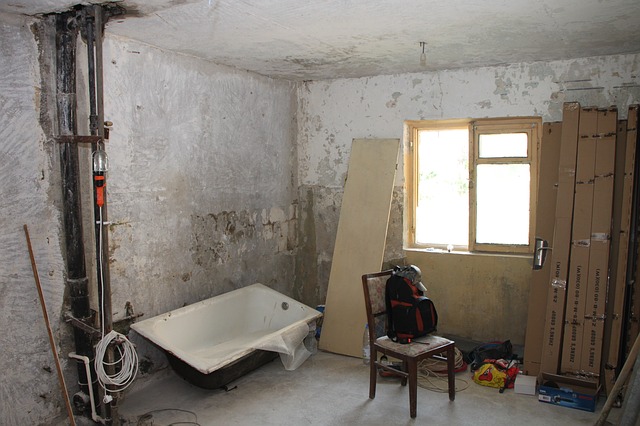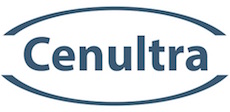If you are letting out a property under an Assured Shorthold Tenancy, you have an obligation to ensure that the property is kept in an acceptable condition. But what does this obligation entail in terms of repairs and general upkeep? This article will discuss what your responsibilities are by law, what can be reasonably expected of tenants and which areas can be negotiated.
What are my legal responsibilities?
Guidance on responsibilities for repairs are set out in Section 11 of the Landlord and Tenant Act 1985, and have been affected by subsequent legislation. According to the guidance on the Gov.uk website, as landlord you are obliged to deal with repairs to the following:
– The structure and exterior of the property;
– Sanitary fittings, such as sinks, basins, baths and toilets as well as pipes and drains;
– Gas appliances, including pipes, flues and ventilation;
– Heating and hot water systems;
– Electrical wiring; and
– Damage caused by attempting repairs.
For tenancies that began on or after 15 January 1989, you are responsible for repairs in common areas, for instance halls and staircases in blocks of flats. You are also expected to maintain the exterior decoration to an acceptable standard. Above all, you must ensure that your property is fit for habitation and does not pose a health risk to occupants or risk of damage to neighbouring properties.
If you do need to carry out repairs, you should g ive your tenants notice so that they can arrange access to the property for you – unless the repair is required more urgently, at least 48 hours written notice is considered reasonable. You cannot access the property forcibly or without the tenants’ permission; only in the case of emergency repairs are you allowed immediate access.
ive your tenants notice so that they can arrange access to the property for you – unless the repair is required more urgently, at least 48 hours written notice is considered reasonable. You cannot access the property forcibly or without the tenants’ permission; only in the case of emergency repairs are you allowed immediate access.
What are the responsibilities of my tenants?
If your tenants cause damage to the property beyond the usual wear and tear, they are responsible for repairing the damage and paying for this. Similarly if their actions cause damage to an adjoining property, this is their responsibility too.
Tenants should discuss any repairs or other changes they intend to make to the property with you prior to starting the work. Generally, tenants are expected to use the property, and any appliances or furniture included in the rental, responsibly, and this includes general daily maintenance such as cleaning, changing light bulbs etc.
What can be negotiated?
Aside from the instances listed above, there are areas where you can negotiate with your tenants about who takes responsibility. For instance, if you are happy for your tenants to decorate internally you can discuss this with them. Maintaining gardens is also an area that could be up for negotiation. Remember that tenants should always consult you before making material changes to the property.
Bear in mind that, for tenancies which started on or after 1 April 2007, the law imposes ‘default terms’ if the Tenancy Agreement is unclear on who is to take certain responsibilities, and as landlord you will most likely be the ‘default’. Therefore, if you do want to negotiate about some areas, make sure this is done before the Tenancy Agreement is written up – and be clear within the Agreement to avoid any disputes in future.

Write a Comment